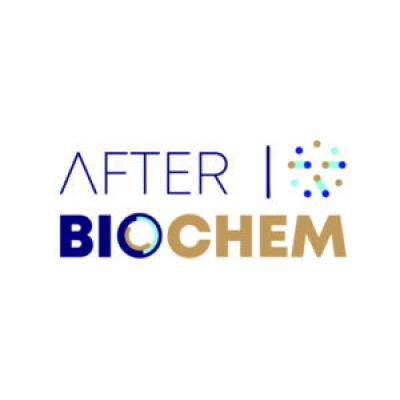
AFTERBIOCHEM
Anaerobic FermenTation & EsteRification of BIOmass for producing fine CHEmicals

Anaerobic FermenTation & EsteRification of BIOmass for producing fine CHEmicals
The EU is currently the world’s largest producer of sugar beet; at 17 million tonnes in 2016-17, it represents around half of all global production. The sector currently supports 140,000 sugar beet growers and around 27,000 direct jobs in sugar beet processing with further upstream employment. Until recently, sugar beet production in Europe was in part supported by an EU quota system; this ended in 2017. Among other factors, this has seen a 30 % fall in sugar prices, making beet-derived sugar increasingly uncompetitive compared to sugarcane-derived sources. As a result of these market conditions, EU sugar beet producers and manufacturers have sought to minimise fixed costs by strongly increasing production. However, this has been against a backdrop of a worldwide overproduction of sugar, adding to global price pressures. Given the importance of the sector to the EU, it is important to maximise all potential sources of income from beet production. It needs to extract value wherever possible from by-products such as molasses, vinasses and pulp – the latter of which is currently valorised as animal feed.
The AFTERBIOCHEM project aims to develop the first all-in-one chemical platform for transforming the sugar industry’s sidestreams – mainly beet pulp and molasses as well as non-food biomass feedstocks – into bio-sourced molecules and derivatives of industrial interest. This will create added value and increased economic and environmental sustainability to the sugar beet industry at a time when it faces severe competitive pressures. In addition, although the AFTERBIOCHEM project will initially target sugar beet processing plants, they will be sufficiently flexible to be able to adapt to alternative feedstocks.
Within its overarching objective of maximising the valorisation of the sidestreams of sugar refineries, the AFTERBIOCHEM project has a number of specific objectives. These are to:
By achieving its overall objectives, the AFTERBIOCHEM project will valorise current underused by-products of sugar refining, thus maximising returns for the sugar beet sector. In addition to this, it will also make contributions to specific BBI JU KPIs through:
In addition, the AFTERBIOCHEM project will make a number of positive environmental impacts. It will reduce the current dependence on petrochemical-based ingredients for a range of molecules. It will encourage innovation in organic waste recovery and recycling, helping separate the organic fraction, maximising resource use and minimising the fraction going to landfill or incineration.